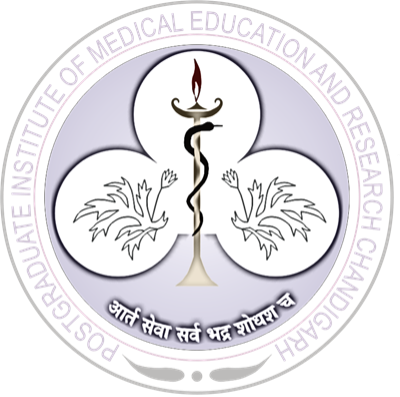Dr. Neelam Taneja, Professor Medical Microbiology PGIMER Chandigarh, is the head of the Enteric Division at Department of Medical Microbiology at PGIMER. She provides diagnostic, surveillance/referral services and conducts research in epidemiology and AMR of diarrheal, food borne and uropathogens. For the ResPHARM project, she is the overall Indian lead and the director of two field studies. Her roles include co-chairing project meetings, establishment of biobanks for strains and resources, ethical approvals, collection of metadata at field sites, apping and descriptive characterisation of sites, documenting human exposure risk, recruitment of individuals for faecal sampling, faecal sampling at two sites, faecal resistome analysis and E. coli isolate analysis.
Dr. Manmeet Kaur is a Professor of Health Promotion at the School of Public Health at PGIMER. She has over 30 years of experience of research and teaching in public health. Manmeet is the lead for India Social Science for the ResPHARM projectand and will be conducting ethnographic studies, investigating human exposure to pharmaceutical waste and the impact of environmental AMR on human health.

Taneja’s Lab at PGIMER Chandigarh
- Exploring the antimicrobial resistance taking one health approach
- Understanding the epidemiology, molecular mechanisms, evolution, and genomics of antimicrobial resistance in uropathogens and zoonotic foodborne pathogens (campylobacteriosis, salmonellosis, and E. coli) using whole-genome sequencing
- Surveillance of community-acquired diarrhea and investigation of water and foodborne outbreaks of gastroenteritis
- Cholera ecology, surveillance, and understanding the diversity of Vibrio cholerae in freshwater environs of north India and putting it in context with global lineages
- Capacity building of district public health laboratories for diagnosis of infectious diseases causing outbreaks
- Shigella: reverse vaccinology, immunology, and study of host-parasite interactions using IVOC and mini guts
- Gut microbiota and its role in health and disease
- Enterotoxigenic, Enteropathogenic and Enteroaggregative Ecoli: Epidemiology, ecology, colonization factor analysis, Multi-locus enzyme electrophoresis
- Urinary tract and hospital-acquired infections: newer diagnostics, development of phage cocktails against extremely drug-resistant UPEC


